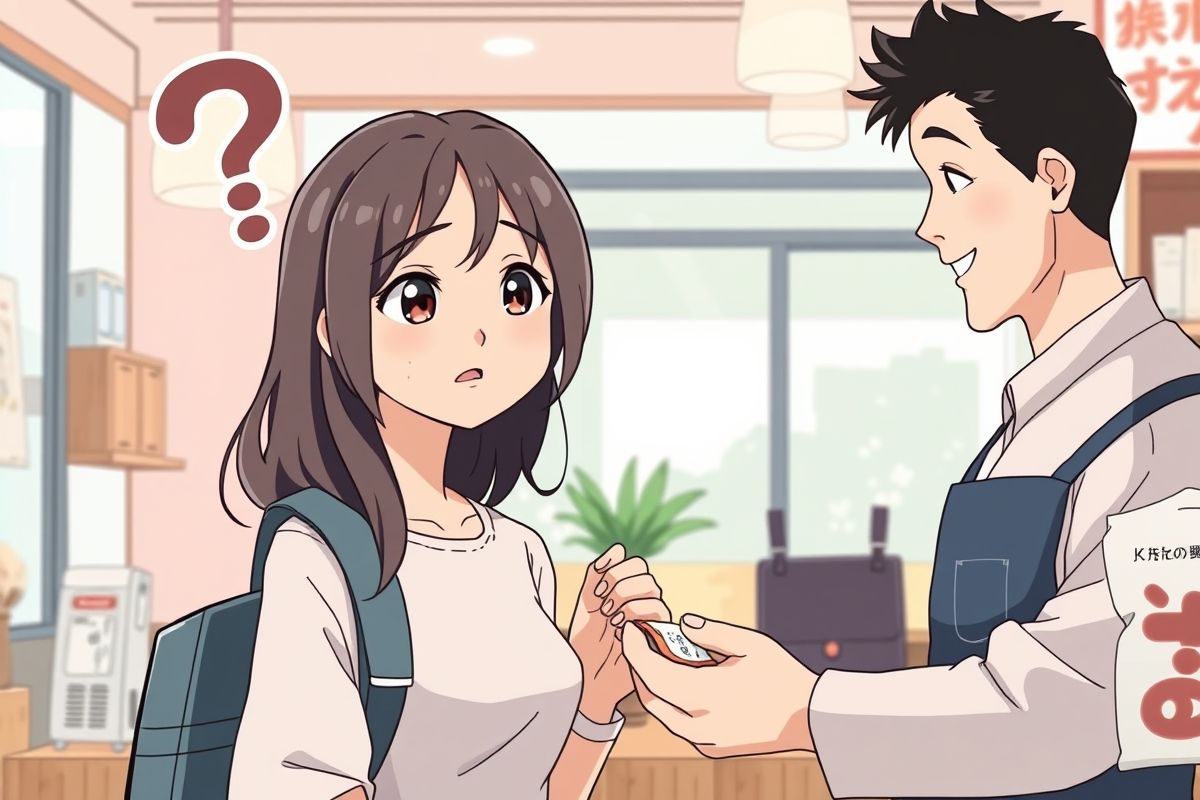
The「大丈夫です」trap in Japan
The「大丈夫です」(Daijoubu desu) trap in Japan 😵💫
If you've lived in Japan for a while, you've probably been in a situation where you were stumped by the word「大丈夫です」. Textbooks teach that it means "It's okay," "I'm fine." But in reality, this is one of the most ambiguous and easily misunderstood words in daily communication!
With 10 years of "battle" experience, I'll break down the secret behind these three simple words for you.
🧐 Case 1: 「大丈夫です」= NO, thank you (結構です)
This is the most common case where newcomers to Japan get it wrong. When someone offers you something or invites you, then「大丈夫です」almost always means a soft refusal.
Real-life examples:
-
At a convenience store:
🧑💼 Staff:「レジ袋はご利用になりますか?」(Would you like a plastic bag?) 🙋♂️ You: 「あ、大丈夫です。」(Oh, I don't need one.) -> MEANS: NO
-
A colleague invites you to lunch:
👨💻 Colleague:「お昼ご飯、一緒にどう?」(How about lunch together?) 🙋♂️ You (have an appointment):「すみません、今日はちょっと... 大丈夫です。」(Sorry, today I have something... I can't go.) -> MEANS: NO
-
When offered help:
👨💻 Colleague:「荷物、持ちましょうか?」(Shall I carry your things for you?) 🙋♂️ You:「ありがとうございます。でも、大丈夫です!」(Thank you. But I can manage!) -> MEANS: NO HELP NEEDED
✨ How to recognize: In these situations, the tone of voice will often be a little quiet, hesitant, and may be accompanied by a slight wave of the hand in front of the face. It has the nuance of "I'm okay (even without the help/item)."
🤔 Case 2: 「大丈夫です」= YES, I'm fine (問題ないです)
This case is closer to the textbook meaning. It is used to affirm that one's condition is fine when asked.
Real-life examples:
-
When you fall or look unwell:
👨💻 Passerby:「大丈夫ですか?」(Are you okay?) 🙋♂️ You:「はい、大丈夫です。ありがとうございます。」(Yes, I'm fine. Thank you.) -> MEANS: YES, I'M OKAY
-
A boss checks on your work progress:
🧑💼 Boss:「このタスク、金曜日までに終わらせるの大丈夫?」(This task, is it okay to finish it by Friday?) 🙋♂️ You:「はい、大丈夫です!」(Yes, no problem!) -> MEANS: YES, I CAN DO IT
✨ How to recognize: The tone of voice here is usually firm, clear, and may be accompanied by a nod. It has the nuance of "My condition is fine, there's no problem."
💡 The ultimate tip: Don't just listen, "read" the situation!
he key to never misunderstanding「大丈夫です」is to consider the context:
- Are they OFFERING you something? -> 90% it's NO.
- Are they CHECKING your condition/ability? -> 90% it's YES.
If you're still not sure, don't be afraid to ask again politely:
「ありがとうございます。では、お願いしてもよろしいでしょうか?」(Thank you. In that case, may I ask for your help?) -> Use when you think they're refusing but you really need help.
Understanding this nuance will help you communicate more subtly and confidently! Good luck! 🚀
Thẻ liên quan:
Lan tỏa kiến thức
Chia sẻ những điều hay ho với bạn bè